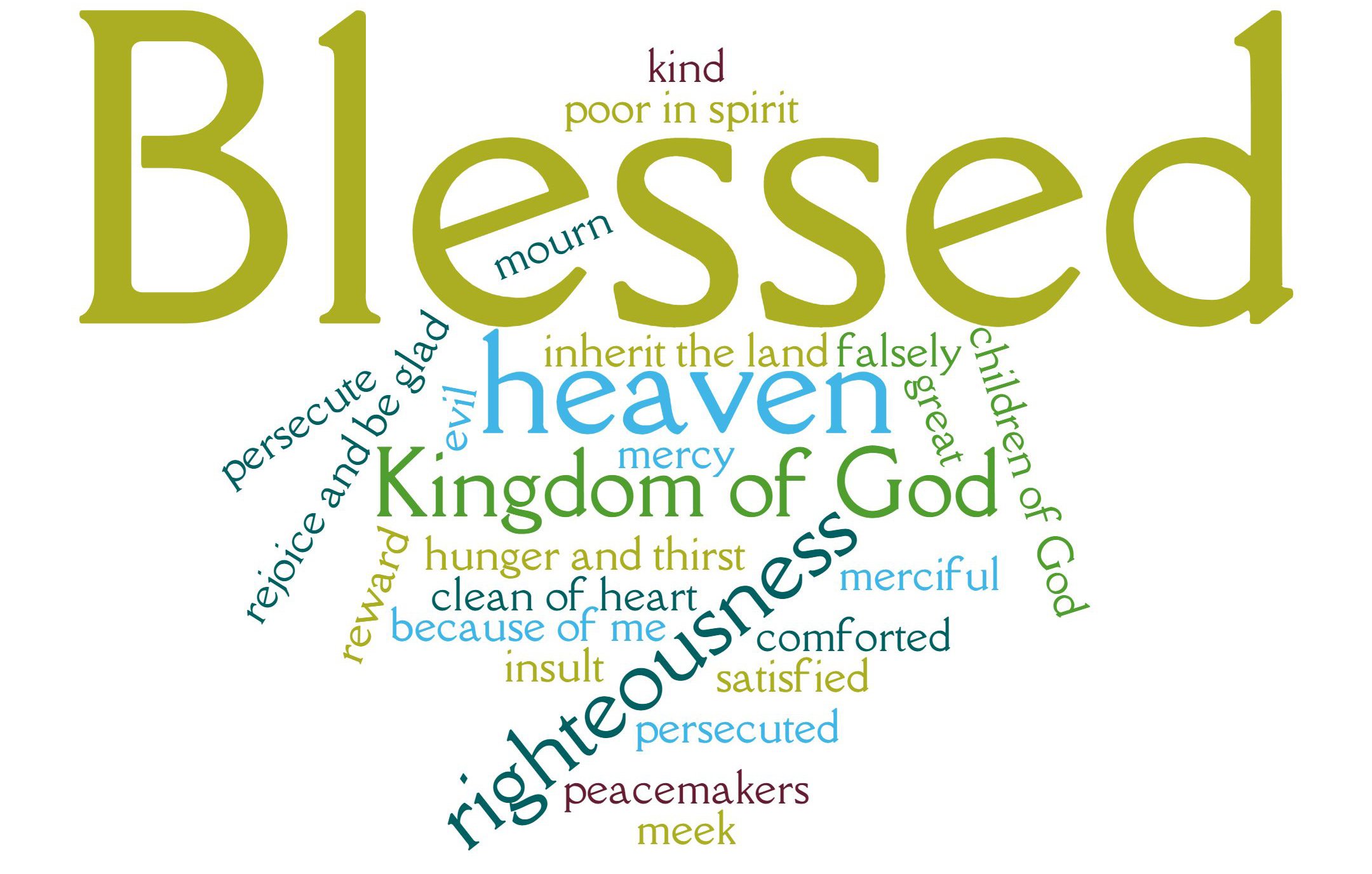A reading from the Book of the Prophet Isaiah
(Chapter 55:6-9)
“Seek the Lord where he may be found, call him while he is near. Let the scoundrel forsake his way. And the wicked his thoughts; let him turn to the Lord for mercy; to our God, who is generous in forgiving. For my thoughts are not your thoughts, nor are your ways my ways, says the Lord. As high as the heavens are above the earth, so high are my ways above your ways and my thoughts above your thoughts.”
In this time of massive fires and floods and a virus that has killed more than 200,000 of our brothers and sisters in our country, and nearly million throughout the world, God can seem far away. In this time of so much death and suffering, Isaiah reminds us of the tragedy of the Babylonian Exile when many of those held captive in a foreign land may have thought that God had abandoned them. Isaiah tells them to “Seek the Lord while he may be found, call him while he is near.”
This could be a time when tragedy can divide us and destroy us, but it need not be. We can “turn to the Lord for mercy” and see the good in one another and show respect for the natural world that nurtures us and yet now threatens us. We can “turn to the Lord for mercy” and show mercy for one another.
Responsorial Psalm
(Psalm 145:2-3, 8-9, 17-18)
Does the Lord seem near to you in these times of chaos? The Psalmist says, “The Lord is near to all who call upon him, to all who call upon him in truth.” We each need to know our deepest truth and call upon the Lord from that truth. What is your deepest truth?
A reading from the Letter of Saint Paul to the Philippians
(Chapter 20c-24, 27a)
Paul was in prison and knew that it was only a matter of time before he would be killed. “Brothers and sisters: Christ will be magnified in my body, whether by life or death. For me life is Christ, and death is gain. …I am caught between the two. I long to depart from this life and be with Christ, for that is far better. Yet, that I remain in the flesh is more necessary for your benefit.”
Paul had a powerful purpose for living. What is your purpose in life? Has it given you the strength to carry on in hard times and joy in the good times?
A reading from the holy Gospel according to Matthew
(Chapter 20:1-16a)
It can be difficult to see what is fair about the situation described in this parable. A landowner goes out at dawn and hires some workers. After agreeing with them about their wages, he sends them to his vineyard. He goes out again at nine o’clock, then again at three, and finally at five o’clock to hire more workers at the same pay. “When it was evening the owner of the vineyard said to his foreman, ‘Summon the laborers and give them their pay, beginning with the last and ending with the first.’” Naturally, when the latest laborers are given the same pay as those who have worked hard all day, the early workers protest. The landowner replies, “my friend, I am not cheating you. Did you not agree with me for the usual daily wage? Are you envious because I am generous?” And Jesus adds, “Thus, the last shall be first, and the first shall be last.”
On one level, this parable is about the enormous generosity and mercy of God. What may seem like an injustice is really unbounded grace. But why did Jesus tell this story in this way if he wanted to simply say how generous his Father was? Some scholars say that he wanted to make sure that the first disciples would not look down on new disciples. All would be treated with the same unconditional love. That is the way God treats us today and forever: no discrimination, no hierarchy, only total love and mercy for all.
Excerpts from the English translation of the Lectionary for Mass © 1969, 1981, 1997, International Commission on English in the Liturgy Corporation (ICEL). All rights reserved.
Bill Ayres was a founder, with the late singer Harry Chapin, of WhyHunger. Bill was a radio and TV broadcaster for 40 years. He is a member of Our Lady Queen of Martyrs Church in Centerport, New York.







